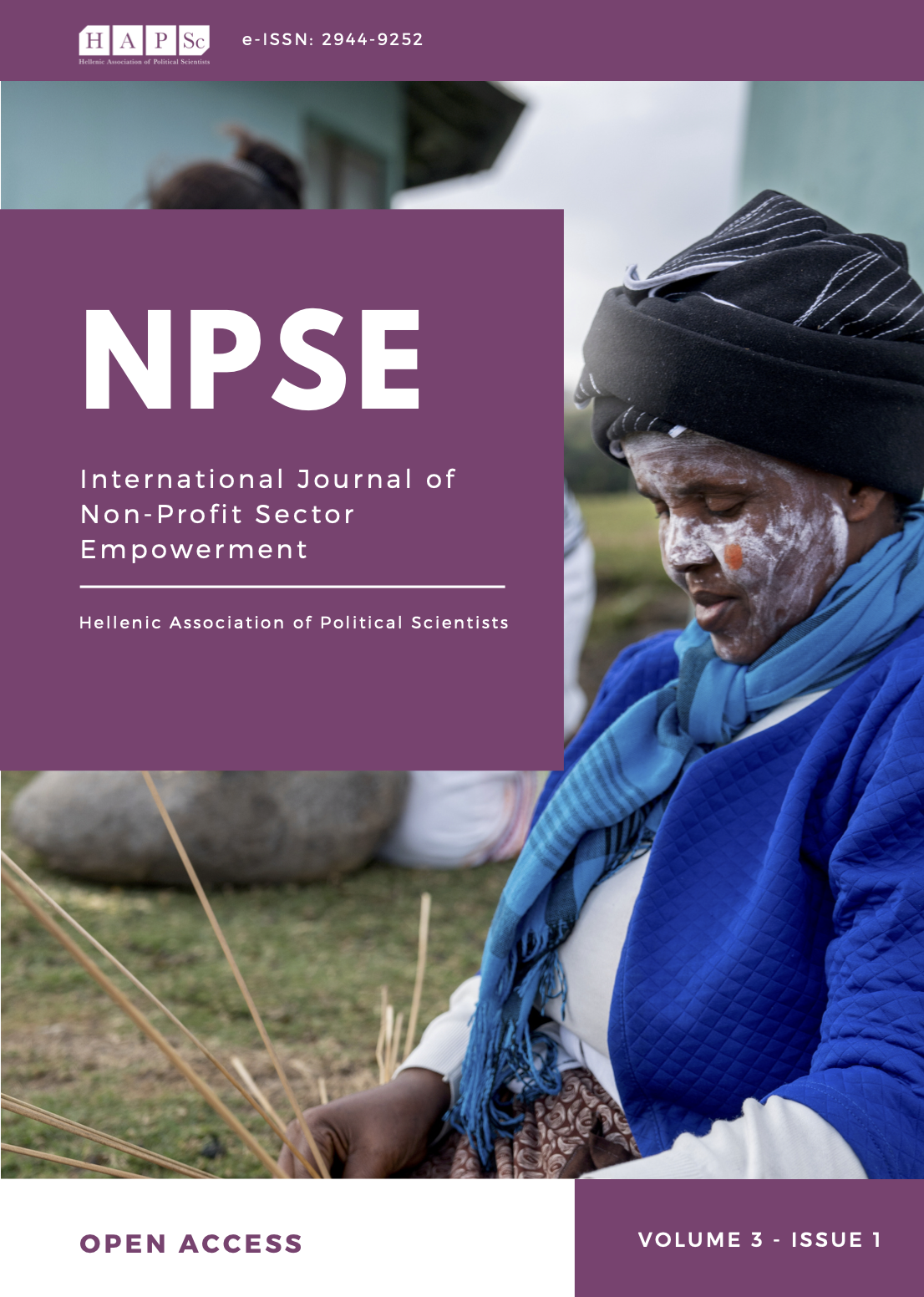Social Media and Civil Society: From Individual Paths to Collective Demands

Abstract
This paper explores the evolving relationship between social media and civil society, analyzing how digital platforms have transformed individual expression into collective political action. It offers a historical overview of the concept of civil society, tracks the evolution of the internet from Web 1.0 to Web 3.0, and examines how social media platforms such as Facebook, Twitter, Instagram, and TikTok have influenced major social movements including the Arab Spring, #MeToo, Black Lives Matter, and #EndSARS. While highlighting the empowering role of social media in political mobilization and activism, the paper also critically addresses its risks, such as misinformation, polarization, superficial engagement ("slacktivism"), and algorithmic manipulation. The study concludes by emphasizing the dual nature of social media as both a catalyst for civic engagement and a potential threat to democratic discourse.
Article Details
- Section
- Research Articles

This work is licensed under a Creative Commons Attribution 4.0 International License.
Authors retain copyright and grant the journal right of first publication with the work simultaneously licensed under Creative Commons 4.0 (CC-BY 4.0) license, that allows others to share the work with an acknowledgement of the work's authorship and initial publication in this journal.





